It can become pretty irritating when you get to build your own gaming PC, put in 48GB of RAM, add a great CPU and GPU, and play any game title in high graphics, but when it comes to typing a message on Facebook or watching a video, you feel like you’re using your old wrecked laptop that you happily left abandoned somewhere in your home.
Don’t get me wrong, Facebook is a big platform, and lots of things going on behind the scenes, but shouldn’t anyone be able to run a website from their browsers without lagging? I thought so too, and it drove me crazy that I couldn’t find a solution to the problem.
I mean, I’ve tried anything that other websites have provided as a solution. You know, the same old guides that recommend updating your operating system and web browser, reinstalling it, and trying again, or even going as far as checking your internet connection. I mean, I can access the thing, it just lags so much that sometimes I can’t even type a simple message.
As a web developer with over 15 years of experience, I couldn’t stand Facebook lagging so much on such a great PC. There were times when I closed the social media platform on my desktop PC and started replying to my clients from my phone, which was also irritating. I don’t like typing on my phone, and I am only using it whenever I am out. I even use my PC to answer any calls, and the same goes for replying to SMS messages.
My gaming PC can run Dying Light 2 in ultra graphics, but it cannot handle Facebook’s lagging. What?
But why is Facebook lagging so much on such a powerful PC? And, is there a way to actually fix this issue? Maybe. Here are a few things that you can try, with the first being probably the best solution.
1. Disable your Adblock extension
Before you try anything else, just head over and disable your ad block extension. This is what fixed the lagging and slow experience of Facebook for as many people as I know of, and it was the solution for my own issue too. That happened to me both with Vivaldi’s in-build adblocker and with uBlock, while some other people were using other types of Adblock extensions.
The moment I disabled my Adblock extension and refreshed Facebook, the social media platform started to perform faster and the whole experience was a whole lot smoother. I didn’t experience any lag while I was typing, and the page didn’t become “havier” as I had it open in the background to get notified of any new messages.
I’ve tested this both in my Windows and Linux operating systems, and both saw the same performance “upgrade” instantly after disabling the Adblock extension. Well, I’ve not completely disabled it, I just added Facebook to the whitelist and the issue was fixed.
2. Disable Hardware Acceleration
Don’t ask me why, but as it seems, a couple of people that I know told me that disabling the “Hardware Acceleration” feature from their browsers fixed the issue. While turning it off didn’t solve my own problem, and Facebook still lagged, sometimes it may be the actual case.
Most modern web browsers use hardware acceleration by default, and users have the option to disable (or enable) the feature from their browser’s settings. While this feature has been developed to offload some of the work and tasks to your GPU and make your CPU run more efficiently, a faulty or incompatible driver can always bring new problems to the table.
Disabling hardware acceleration may increase the speed and resolve any lagging if there’s a problem with some of your drivers, but it may also decrease it. You can test it by disabling it first, and if the problem is fixed, keep it that way. You can also check for any driver updates, and making sure that you’re always using up-to-date software is pretty crucial.
You can disable hardware acceleration from your browser’s settings page. In Vivaldi Browser, for example, just open “Settings“, search “Hardware Acceleration” and simply disable it. You’ll have to restart your browser for the change to take effect, and after that check for any lagging.
3. Clear your browser’s history and cookies
If the first two solutions mentioned above didn’t help you and Facebook keeps lagging, then doing a simple browser cleanup may ultimately fix the issue. As much as cookies are needed for specific tasks, they can also decrease your browser’s speed if you haven’t cleaned them for a while.
It’s also important to clear your cookies and history for privacy, as they contain information about your browsing habits, while security is also a concern for specific stored cookies that are needed for logging into your online accounts. In some cases, if you haven’t cleaned them for a very long time, doing that may result in freeing more space from your device.
Deleting the cookies and browsing history is straightforward, and any web browser lets you do that from its settings page. Again, I am using the Vivaldi Browser, so cleaning them up is as easy as going to Settings -> Privacy and Security -> Delete All Cookies. As of this moment of writing, Vivaldi reports that I currently have 3,343 cookies stored in my device, which is not a small number, and many of them could cause any type of issues on specific websites.
If you want to do a complete cleanup, you can use freemium tools such as CCleaner. This little tool can clean your history, cookies, and many other non-important files and speed things up, but if you only use a specific web browser, then it’s easier to just head over to the settings and do a manual cleaning.
4. Start disabling your browser’s extensions
Who doesn’t love some good extensions that increase your browser’s functionalities and features? I love extensions, and I have lots of them installed on Vivaldi, but occasionally, an extension can also be the cause behind performance drops, websites lagging, and other functionalities not working or malfunctioning.
Unfortunately, there isn’t a specific extension that could cause the issue, so you’ll have to start disabling them one by one to see which one is causing Facebook to lag. You can, of course, disable them all, restart your browser, and test if Facebook lags. If it doesn’t and the problem has been fixed, enable them all and start disabling them one by one until you find the problematic one.
If it is a browser extension, it’s important to take a few minutes of your time and report the issue to the developers, who may release an update and fix the problem, helping all other users who may experience the same issues as you do.
Are you experiencing any issues with Facebook lagging or being slow? If so, have you tried the solutions mentioned above, and which one helped you fix the issue?
Maybe found another way of solving the lagging? Take a minute and share your experience by dropping your comment down below.
Uh, oh! Legal stuff! Yikes.. Yet important! Affiliate Links Disclaimer: Many of the links on my articles are affiliate links. That means if you click on one and make a purchase, I might earn a small commission, and I'll keep doing what I'm doing, reviewing everything with absolute honesty. Sounds good? Good.


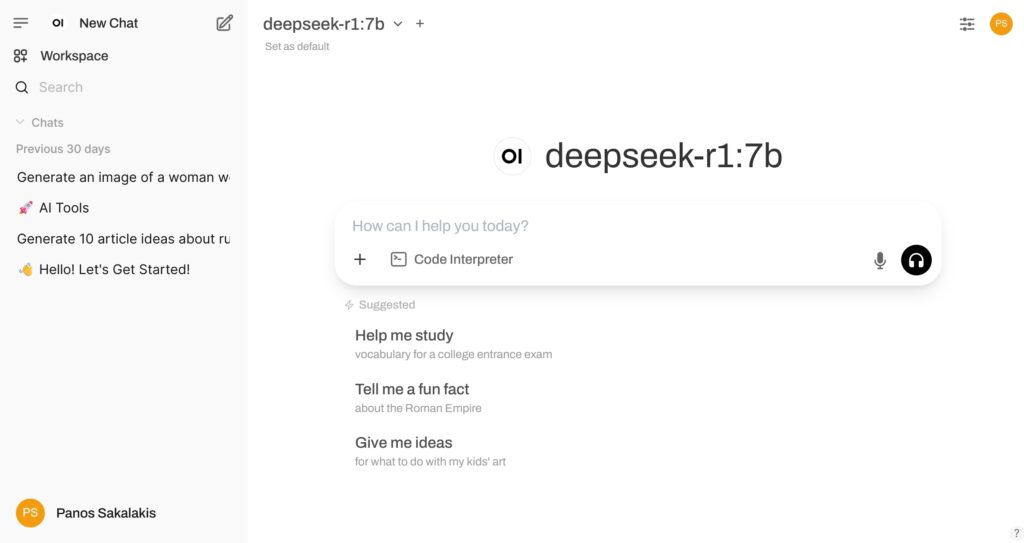
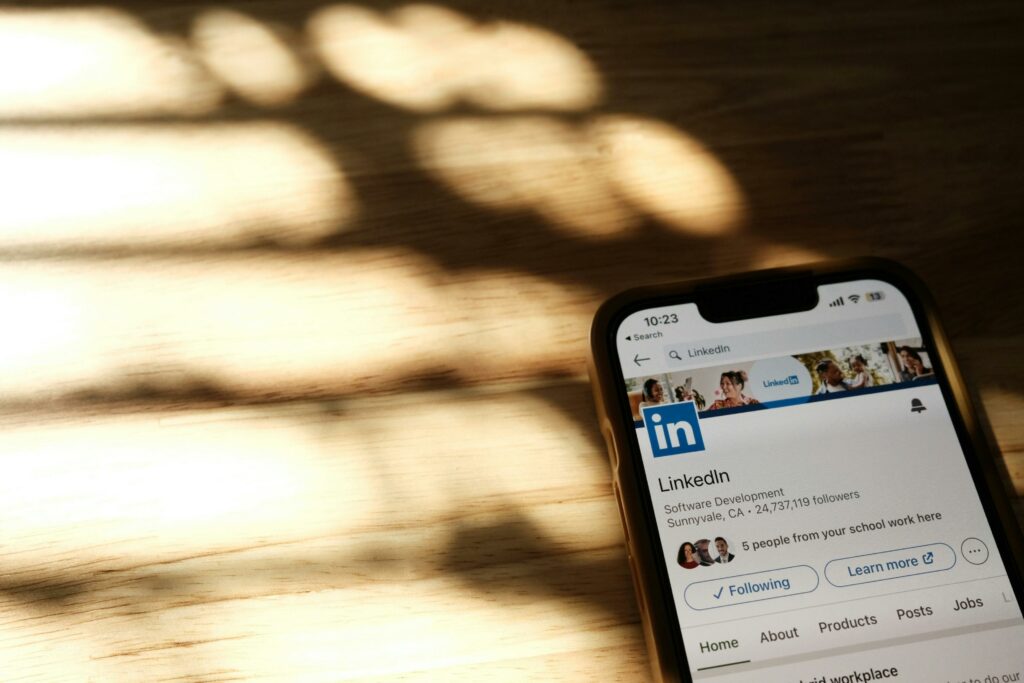

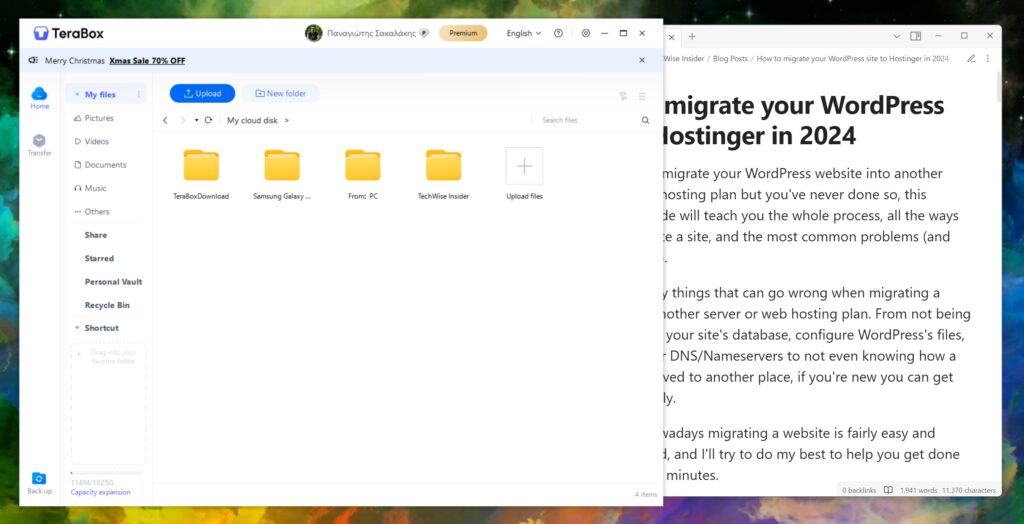
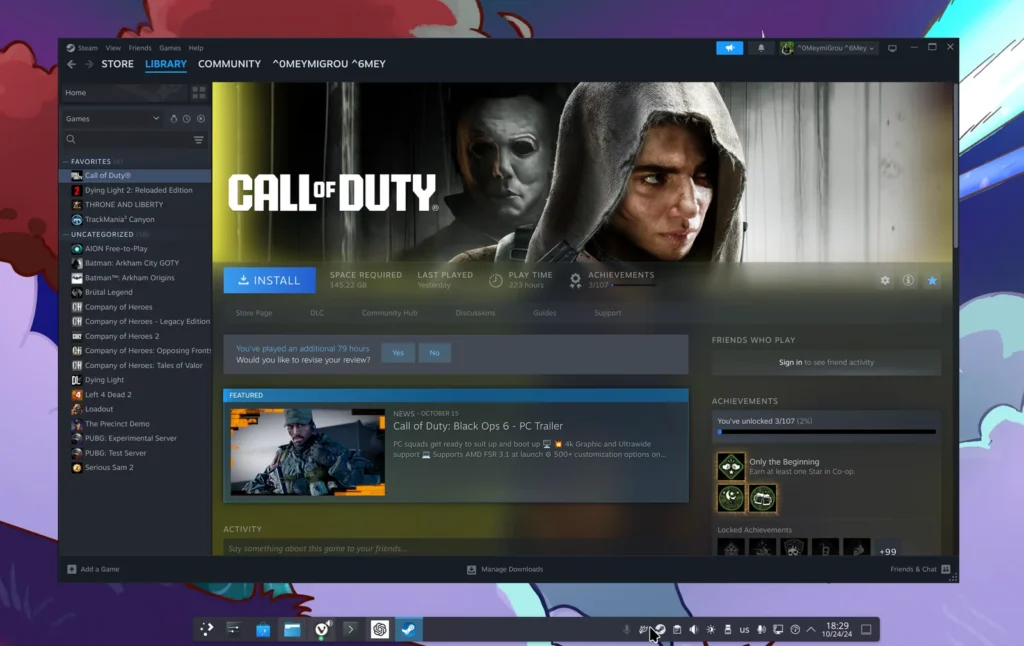
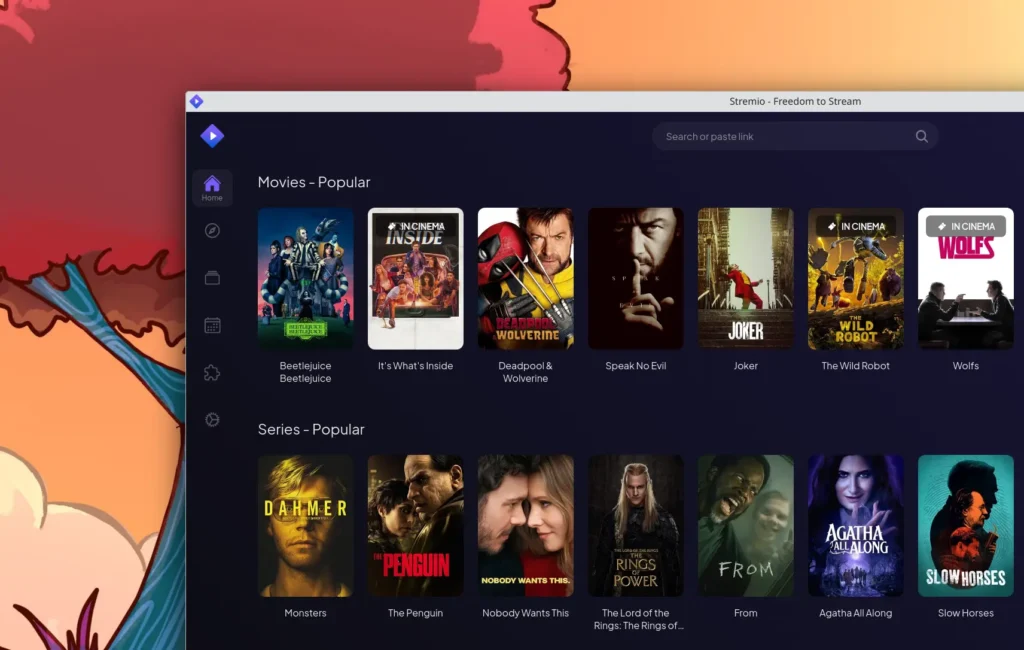
except I shouldn’t have to make all those accommodations for Facebook (which are otherwise features not problems). Facebook should fix their app/platform if they want me to use it
If it wasn’t for my clients/readers, I wouldn’t use it either.